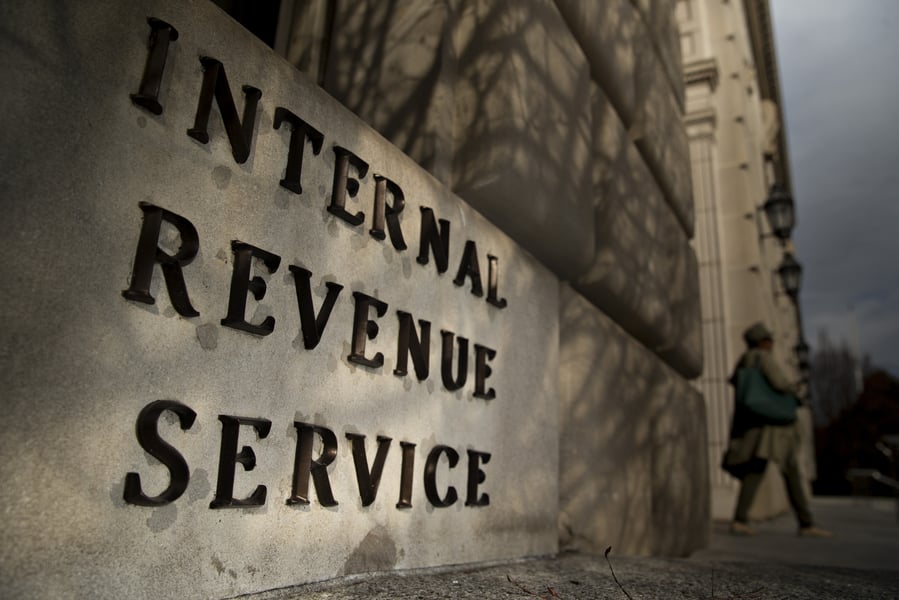

IRS released Notice 2023-62 on Friday giving employer retirement plans two additional years to comply with the controversial rule requiring that catch-up contributions for employees age 50 or over whose wages for the prior year exceeded $145,000 be made on a Roth basis.
IRS has proactively responded to requests for relief made by some of the country’s largest plan record keepers and retirement plan lobbying organizations.
This rule under Section 603 of the SECURE 2.0 Act was supposed to be effective beginning next year, but now IRS says it will provide a two-year “administrative transition period” — until Jan. 1, 2026 — before plans must comply with the new law. The effect of this delay is that until 2026, no employees will be required to make catch-up contributions on a Roth basis, and plans that don’t already offer Roth contributions will not need to begin offering them.
This could be an opportunity for affected employees — those with wages in excess of $145,000 — to make their 401(k) catch-up contributions to pretax 401(k)s, gaining the exclusion from income, rather than being forced to have those catch-up contributions go to the Roth 401(k).
Long term though, some of these employees might still fare better having these contributions go to the Roth 401(k), allowing the tax-free buildup for life, and for 10 years beyond to beneficiaries.
But the good news here is that all employees will have a choice on this now until 2026 and can make their catch-up contributions where they see fit.
In this same notice, the IRS also stepped in to fix a glitch in the SECURE 2.0 law that inadvertently eliminated the ability for any employees to make catch-up contributions beginning in 2024. When Congress drafted the mandatory catch-up provision, it mistakenly deleted a part of the tax code, leaving the law to read that no employees (high-paid or not) would be able to make any catch-up contributions (pre-tax or Roth) starting in 2024. This was an obvious mistake, and IRS says it will allow these catch-up contributions to be made, even though Congress did not fix this error in the law.
Notice 2023-62 also says that the IRS is expected to provide future guidance saying that high-paid self-employed persons who have self-employment income instead of “wages” are not covered by the mandatory Roth 401(k) catch-up provision.
For more information on Ed Slott and Ed Slott’s 2-Day IRA Workshop, please visit www.IRAhelp.com.

Looking to refine your strategy for investing in stocks in the US market? Discover expert insights, key trends, and risk management techniques to maximize your returns

Driven by robust transaction activity amid market turbulence and increased focus on billion-dollar plus targets, Echelon Partners expects another all-time high in 2025.

The looming threat of federal funding cuts to state and local governments has lawmakers weighing a levy that was phased out in 1981.

The fintech firms' new tools and integrations address pain points in overseeing investment lineups, account monitoring, and more.

Canadian stocks are on a roll in 2025 as the country prepares to name a new Prime Minister.
RIAs face rising regulatory pressure in 2025. Forward-looking firms are responding with embedded technology, not more paperwork.
As inheritances are set to reshape client portfolios and next-gen heirs demand digital-first experiences, firms are retooling their wealth tech stacks and succession models in real time.
